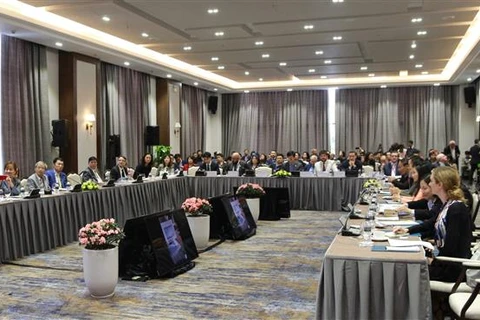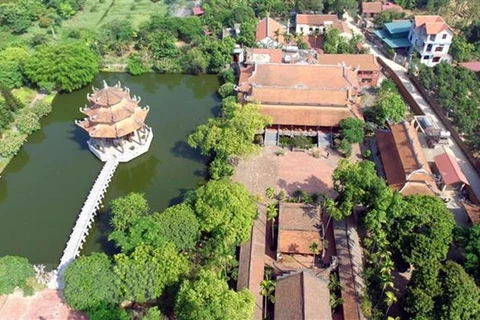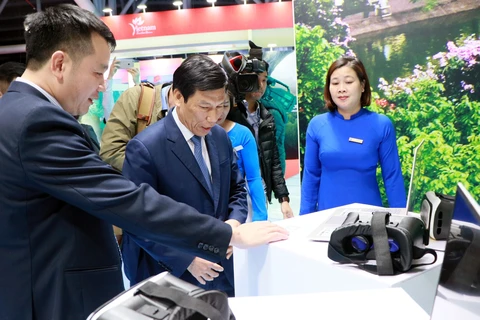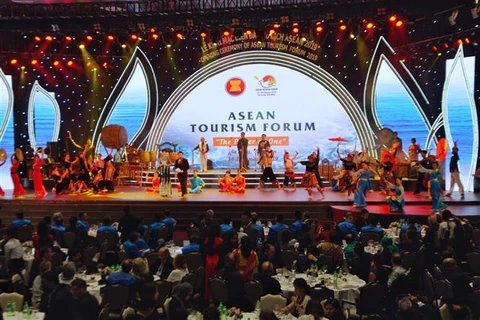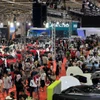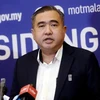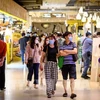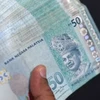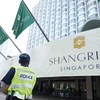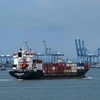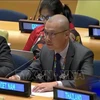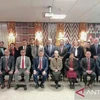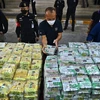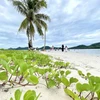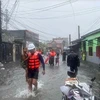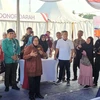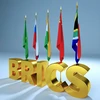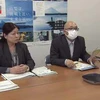Quang Ninh (VNA) – The 22nd Meeting of ASEAN Tourism Ministers opened in the northern province of Quang Ninh on January 17 as part of the ongoing ASEAN Tourism Forum 2019.
Opening the event, Vietnamese Minister of Culture, Sports, and Tourism Nguyen Ngoc Thien asked ASEAN national tourism organisations to enhance coordination in all aspects to improve service quality and better facilitate travel.
He called on them to focus on key issues to remove barriers and bolster cooperation in order to promote the sustainable development of tourism in ASEAN.
The meeting discussed several agendas, the outcomes of the 33rd ASEAN Summit in Singapore on November 13 last year, and reports by national tourism organisations and the joint press communiqué. It also consulted with international organisations about relevant issues.
The ASEAN region boasts great potential for tourism development. The diverse tourism resources, both environmental and human, have given it a range of unique identities attractive to tourists from both inside and outside of the region.
In recent years, ASEAN has emerged as one of the regions with the most dynamic development in the Asia-Pacific. All 10 members have paid attention to tourism and considered this an important sector for their economies.
In 2018, the number of international tourists to ASEAN grew by some 10 percent, higher than the average of 8 percent in the Asia-Pacific region and 7 percent in the world. Tourism contributes about 12.4 percent to the regional GDP.
However, regional tourism still faces a number of difficulties and challenges on its path to sustainable development. The switch to bilateral cooperation by many major economies, the fierce competition among destinations of different regions and countries, terrorism and insecurity in some regions, climate change, and trade wars have all strongly affected tourism activities. Some barriers in the form of mechanisms and policies have also hampered tourism development in several countries, as well as the ASEAN region more broadly. –VNA
VNA

